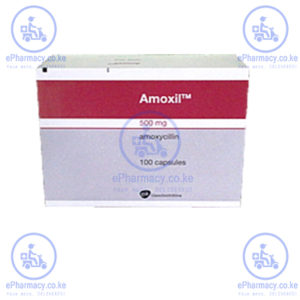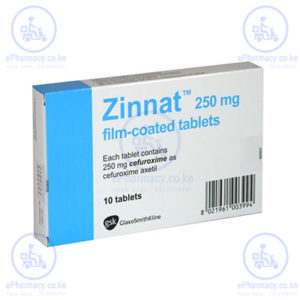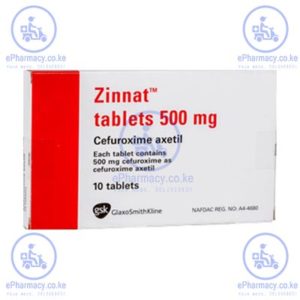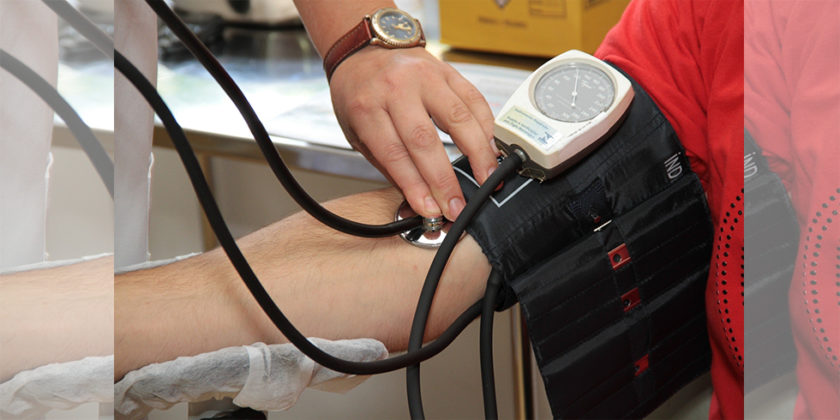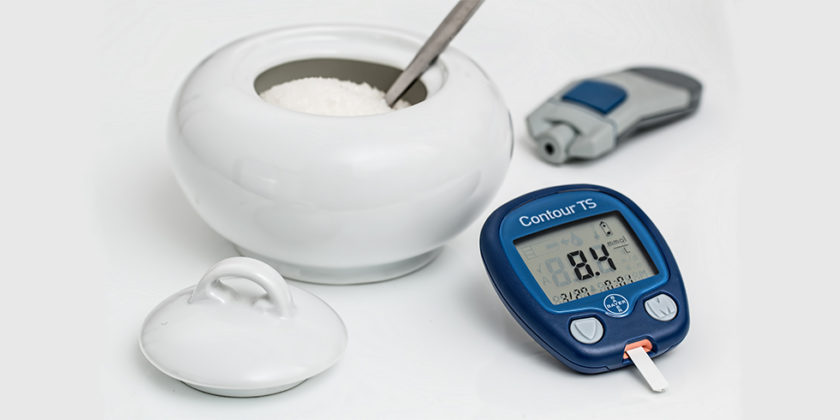Antibiotics for UTI in Kenya: One Day to 10 Day Options
Antibiotics for uti in Kenya are very many. When you’re sick, listen to your mother: go see your doctor. This will help you find out what exact illness you have and how to get better. If you’re diagnosed with a bacterial infection of the urinary tract, your doctor can provide a host of treatment options. This may or may not include antibiotics.
To treat a bacterial illness such as urinary tract infection, sinusitis or an ear infection, your doctor might prescribe a regimen of antibiotics. They are used to kill the bacteria and help you feel better faster. Antibiotics come in several dosing schedules ranging from a single dose, to twice a day up to multiple doses a day for more than a week. You may be tempted to ask your doctor for a medication with the fewest number of doses. Nonetheless, there are other factors your doctor may consider.
When your doctor prescribes antibiotics for uti in Kenya, he or she will consider the drug’s efficacy in treating the specific infection. Potential side effects like allergy will also determine the best medicine for you. Among the commonly prescribed antibiotics are cephalosporins. They are effective against sinusitis, skin infections, ear infections and other bacterial infections, and are generally well-tolerated.
Your doctor may determine that single-dose medicines are not necessarily the best for your infection. One-day doses may not be recommended by expert guidelines as good treatment options for some infections. If these medicines do not completely eliminate the infection and the infection remains, it may lead to “antibiotic resistance.” This also happens if you take half of the drugs given and stop mid way.
Remembering to take the full course of antibiotics for uti in Kenya is important even if you feel better after a few days. Taking the full course of the medicine maintains the effectiveness of the drug. This ensures complete killing of the bacteria causing the infection, while helping to reduce the risk of resistance. If you suspect you may have a bacterial infection, talk to your doctor about the best antibiotic for you especially one with convenient dosing options and one that is generally well-tolerated.


